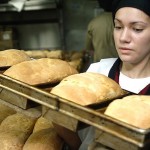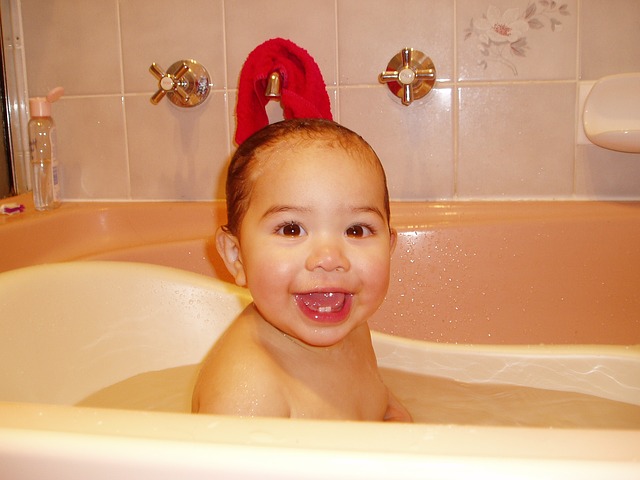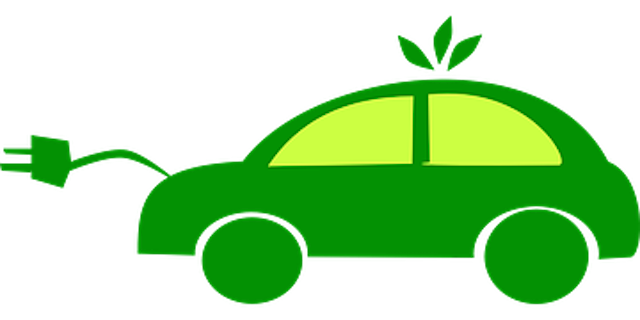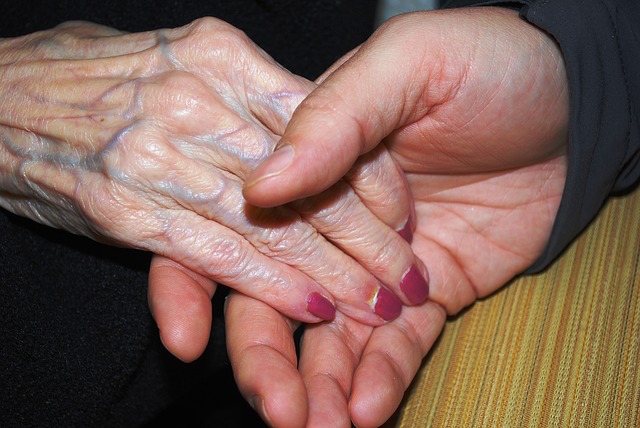Level 1 verbs – Unit 06

bake: to cook in the oven, to make very hot
All afternoon she baked cookies for the party
Everyone was baking in the hot summer sun.
cheat: to not follow the rules
He can’t go back to the casino because they caught him cheating at cards.
When he was dividing the money, he cheated and kept more for himself.
chop: to cut with an axe or knife
He chopped wood all afternoon for the fireplace.
While he fried the meat, she chopped the onions and peppers for the spaghetti sauce.
create: to make an idea real
They brought in sand and created a beach in their backyard.
She created a beautiful logo for her new company.
flow: to move along like water
The oil from his car flowed all over the garage floor.
The water from washing his car flowed down the driveway into the street.
grab: to take forcefully with the hand
The thief grabbed her purse and ran out the door.
As he started to fall, he grabbed onto the railing.
invite: to ask someone to do an enjoyable thing you’ve planned
She invited him over for dinner.
They invited him to speak at the conference.
rescue: to save from danger
The fire fighter recued the babies from the burning house.
The organization rescues lost dogs.
scare: to make someone afraid
She hid behind the door so she could scare her brother when he entered.
The government wants to scare us into believing that we need more security.
skip: to not do
Do this grammar exercise, but skip part B; it’s too difficult for this level.
I have to make sure all these addresses are correct, and I can’t skip any of them.
store: to keep for future use
They stored their old bikes in the garage.
We rented a storage locker to store all the furniture that wouldn’t fit in the new house.
weigh: to find the weight (of something), to have the weight
If you’re on a diet, don’t weigh yourself everyday.
All the apples weighed two kilos.
Pronunciation Exercise: Listen and repeat the above vocabulary on the audio file below.
Use these flashcards to help you study.
When you think you’re ready, do the following exercise.
Your Score:
Your Ranking:
© 2013 Ambien Malecot








